
Eat These 9 Fruits Daily to Brighten Your Vision & Prevent Cataracts Naturally
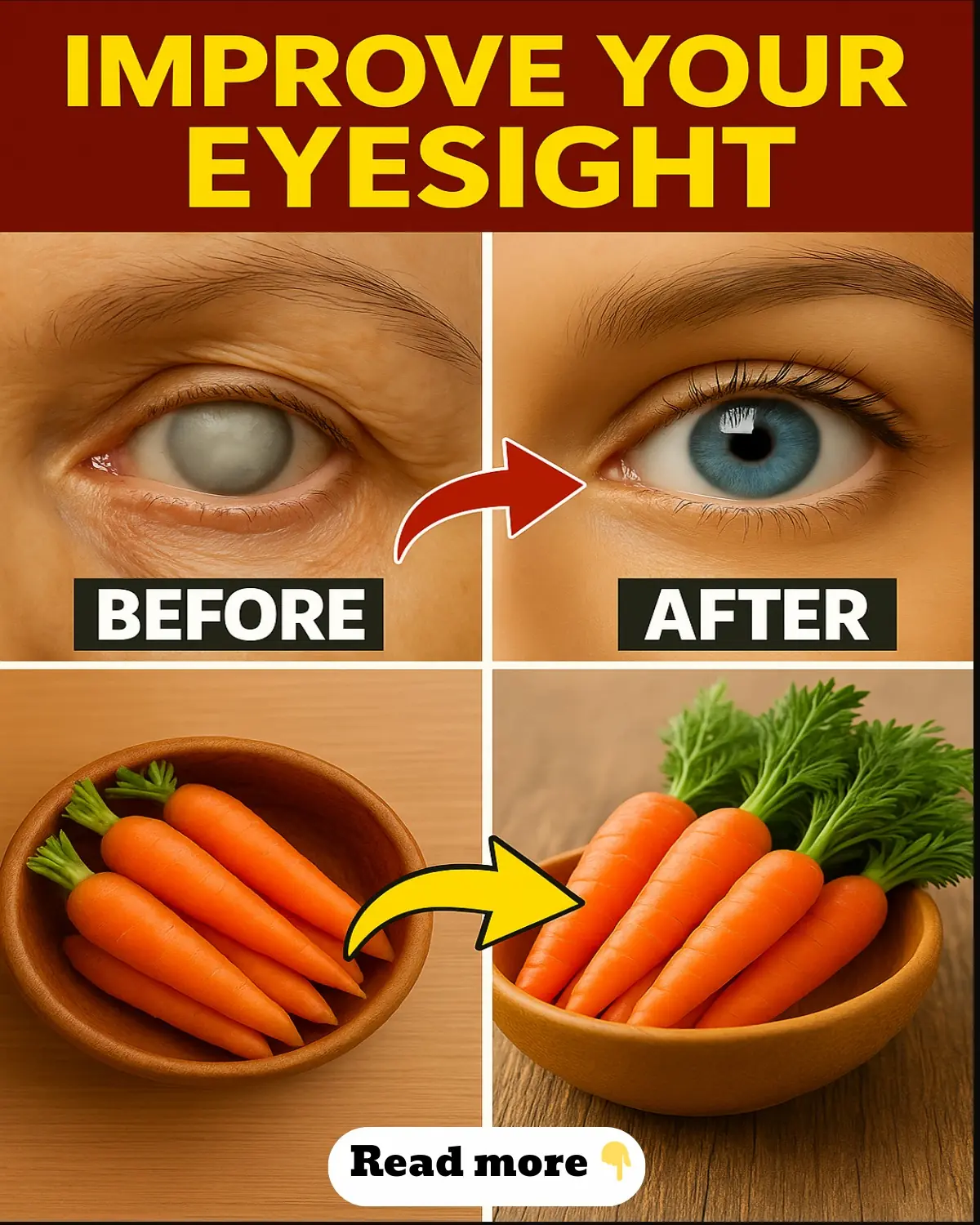
By the time we reach 60, over half of adults worldwide will develop some form of cataract or age-related vision problem. Blurry vision, glare sensitivity, and trouble reading at night are often the first warning signs. While surgery is a common solution, scientists have found that nutrition plays a powerful role in protecting eye health long before medical intervention is needed.

Fruits, in particular, are packed with vitamins, minerals, and antioxidants that directly support the eyes. From Vitamin C that shields against free radical damage to carotenoids like lutein and zeaxanthin that filter harmful blue light, these natural nutrients act like internal sunglasses for your vision.
In this article, we’ll uncover nine fruits that you should add to your daily diet if you want to brighten your vision and prevent cataracts naturally. Each fruit is backed by research and comes with practical tips on how to enjoy it best.
1. Oranges – The Vitamin C Powerhouse
Oranges and other citrus fruits are loaded with Vitamin C, one of the most important antioxidants for preventing cataracts. Vitamin C helps neutralize free radicals in the lens of the eye, keeping it clear and healthy.
Best way to enjoy: Eat fresh slices, add to salads, or start your morning with a glass of fresh orange juice (without added sugar).
2. Blueberries – The Antioxidant Shield

Blueberries contain anthocyanins, powerful antioxidants that improve night vision and reduce eye fatigue. They also strengthen the tiny blood vessels in the retina.
Best way to enjoy: Blend into smoothies, mix with yogurt, or eat a handful as a snack.
3. Papaya – Rich in Beta-Carotene
Papaya is an excellent source of beta-carotene (a precursor to Vitamin A), which is essential for maintaining clear corneas and preventing dry eyes.
Best way to enjoy: Cube and eat fresh, or drizzle with lime juice for extra flavor.
4. Grapes – Protection Against Retinal Damage
Grapes, especially red and purple varieties, are rich in resveratrol and lutein. Studies suggest they may help protect the retina from oxidative stress, slowing down age-related vision decline.
Best way to enjoy: Snack on fresh grapes or freeze them for a refreshing summer treat.
5. Kiwi – Dense in Vitamin C and Lutein

One kiwi contains more Vitamin C than an orange and is also rich in lutein, which reduces the risk of cataracts and macular degeneration.
Best way to enjoy: Slice and eat raw, or mix into fruit salads for a tart-sweet boost.
6. Mango – Tropical Fuel for Healthy Eyes
Mangoes are rich in Vitamin A and zeaxanthin, both of which protect the eyes from harmful UV rays and oxidative damage.
Best way to enjoy: Blend into smoothies or cut into cubes for a cooling snack.
7. Strawberries – Vision-Supporting Vitamin C
Strawberries are packed with Vitamin C, which supports collagen in the cornea and helps keep eye tissues strong and resilient.
Best way to enjoy: Dip in dark chocolate for a delicious antioxidant-packed treat.
8. Avocado – Loaded with Lutein and Zeaxanthin
Unlike most fruits, avocados are rich in healthy fats that help the body absorb fat-soluble carotenoids. They are also among the top fruit sources of lutein and zeaxanthin.
Best way to enjoy: Mash on whole-grain toast, add to salads, or blend into creamy smoothies.
9. Guava – Vitamin C and Lycopene Boost

Guava provides a high dose of Vitamin C along with lycopene, another antioxidant linked to a lower risk of cataracts and vision decline.
Best way to enjoy: Eat fresh with a sprinkle of salt and chili powder for a tangy twist.
Quick Comparison Table of Fruits for Vision
| Fruit | Key Nutrients | Eye Benefits |
|---|---|---|
| Oranges | Vitamin C | Prevents cataracts, strengthens cornea |
| Blueberries | Anthocyanins | Improves night vision, reduces fatigue |
| Papaya | Beta-carotene, Vitamin A | Prevents dry eyes, supports cornea |
| Grapes | Resveratrol, lutein | Protects retina, slows aging of eyes |
| Kiwi | Vitamin C, lutein | Reduces cataract risk, supports retina |
| Mango | Vitamin A, zeaxanthin | Shields from UV damage |
| Strawberries | Vitamin C | Supports collagen in eye tissues |
| Avocado | Lutein, zeaxanthin, fats | Absorbs carotenoids, protects macula |
| Guava | Vitamin C, lycopene | Prevents oxidative stress in the lens |
Tips for Making Fruits a Daily Eye-Care Habit
- Eat the rainbow: Rotate different colored fruits to cover all antioxidant groups.
- Pair with healthy fats: Nutrients like beta-carotene and lutein absorb better with avocado, nuts, or olive oil.
- Snack smart: Replace processed snacks with fruit bowls.
- Blend wisely: Smoothies make it easy to combine several eye-protecting fruits at once.
Conclusion
Your eyes are windows to your health, and what you eat directly influences how clearly you see the world. By adding these nine fruits—rich in Vitamin C, beta-carotene, lutein, and other antioxidants—you can brighten your vision, support retinal health, and help prevent cataracts naturally. Small daily choices add up, and your future self will thank you for protecting your sight today.
FAQ
Q: Can eating fruits reverse cataracts once they form?
A: No, cataracts cannot be reversed by diet. However, fruits can slow progression and reduce risk.
Q: How many servings of fruit should I eat daily for eye health?
A: Aim for at least 2–3 servings of vision-supporting fruits each day.
Q: Are supplements as effective as whole fruits?
A: Whole fruits provide fiber, hydration, and a broader nutrient spectrum, making them more beneficial than supplements alone.
Disclaimer: This article is for informational purposes only and does not replace medical advice. Consult your healthcare provider for personalized recommendations.
News in the same category

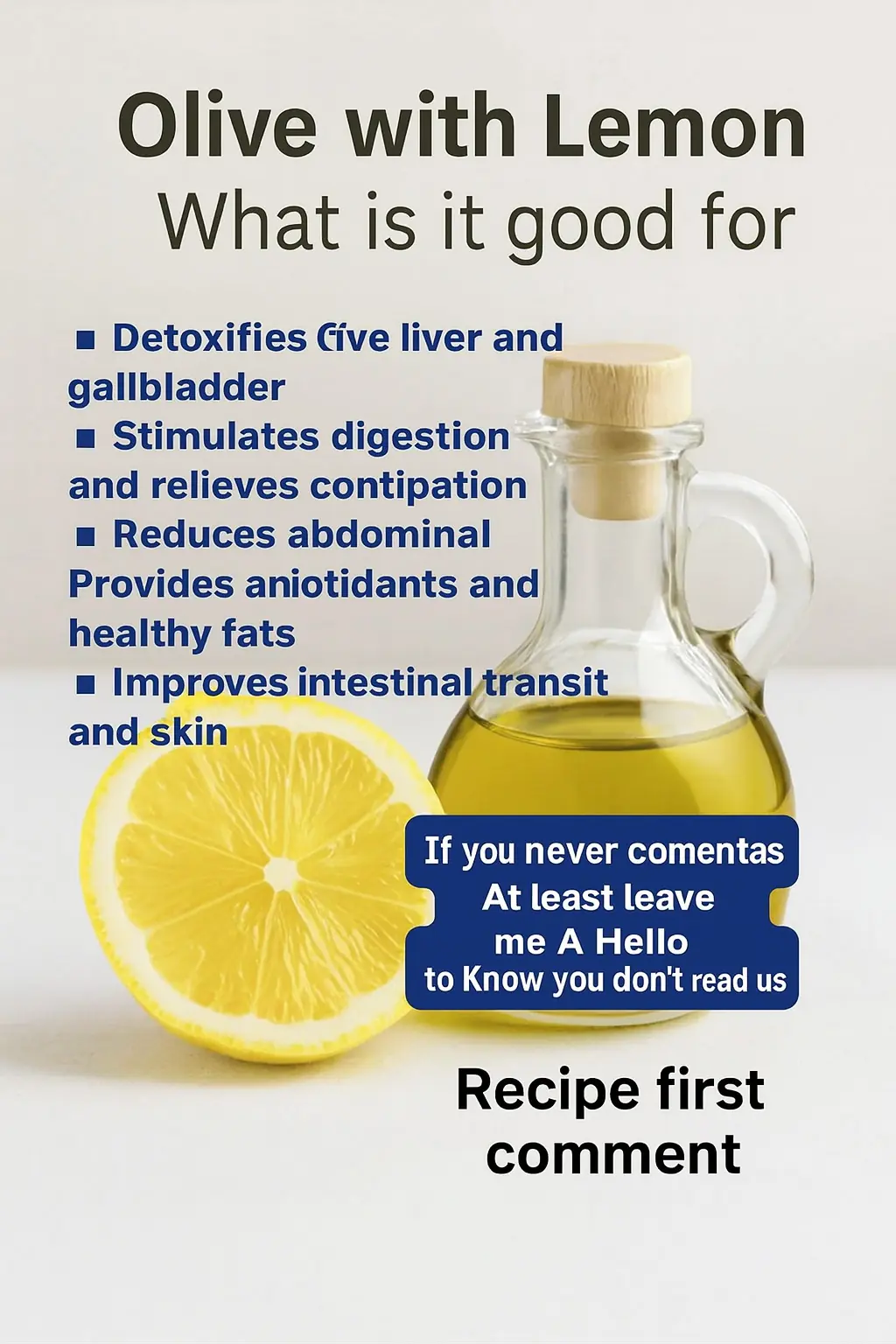
Olive Oil with Lemon: A Simple Yet Powerful Combination
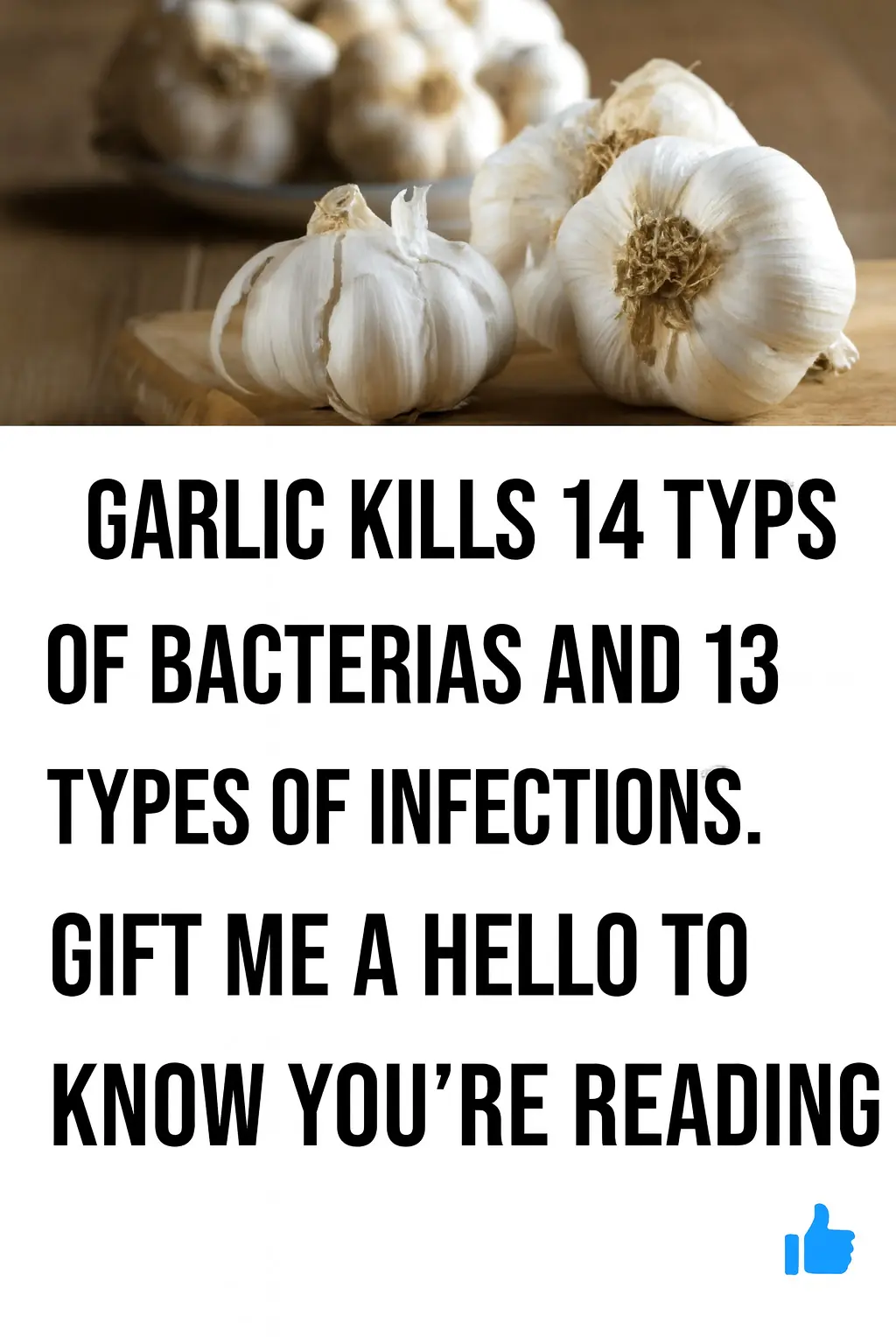
Garlic: A Powerful Ally in Natural Health
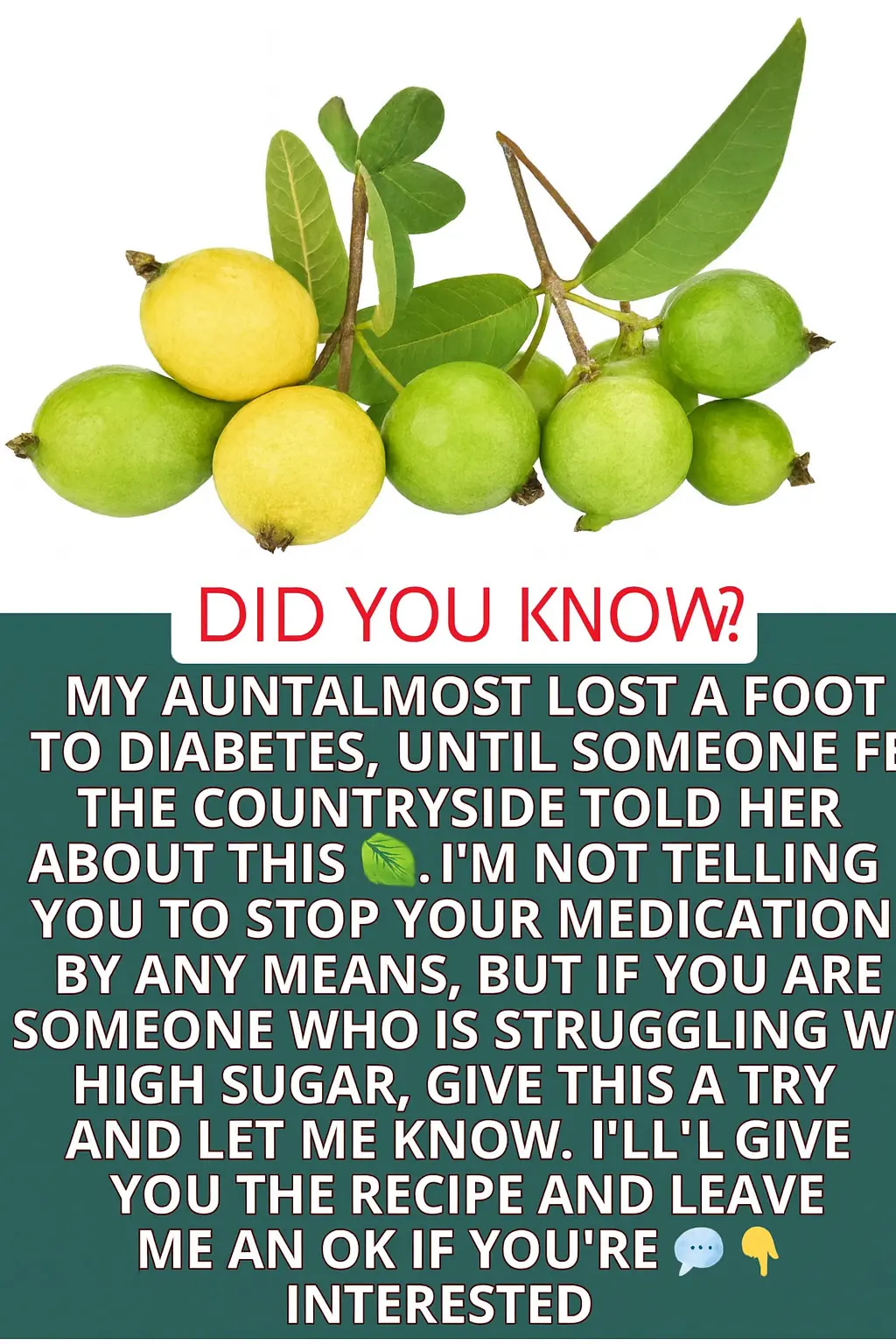
Jarabe Natural para Controlar la Glucosa: Receta y Beneficios
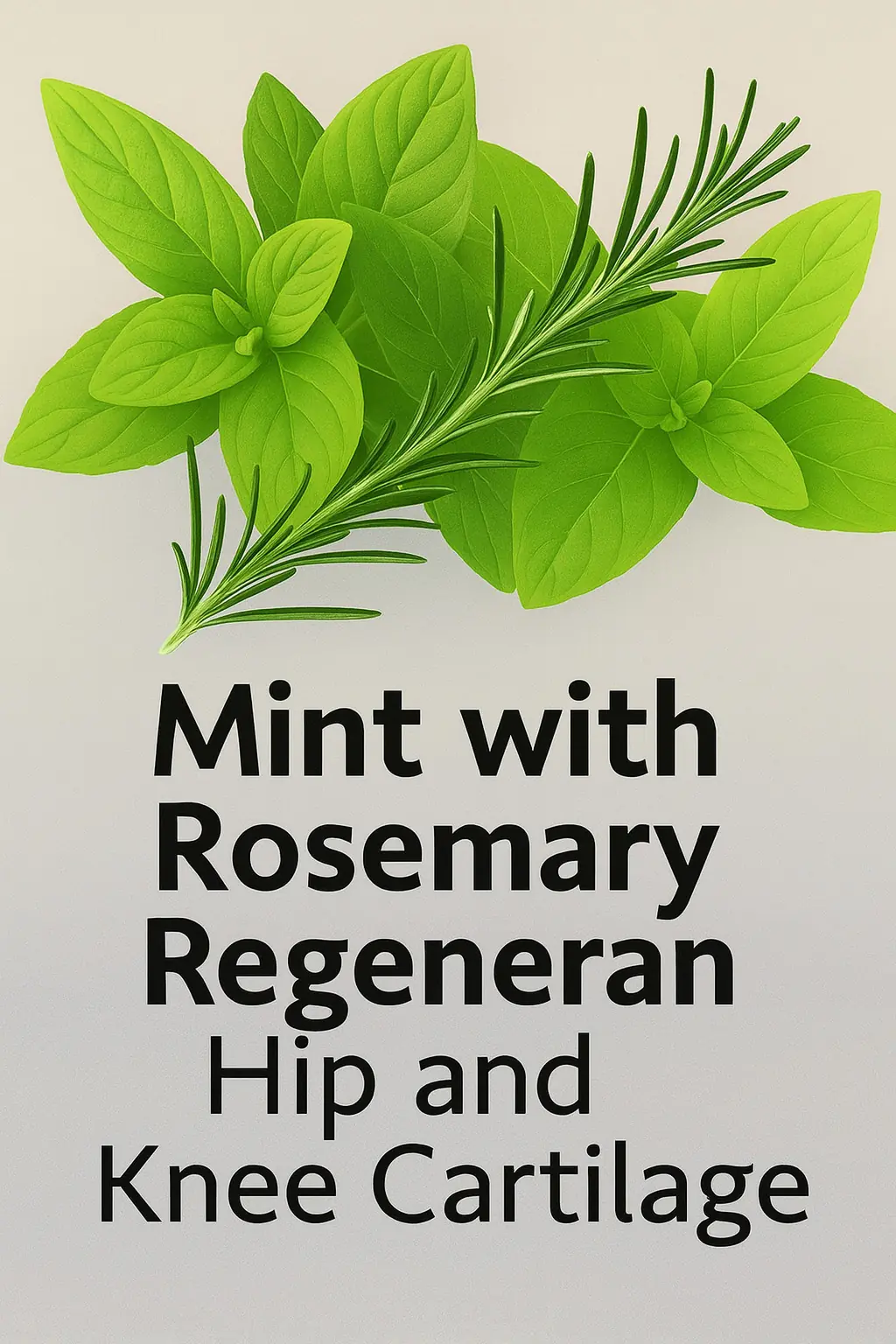
Spearmint and Rosemary: A Powerful Natural Combination for Joint Health
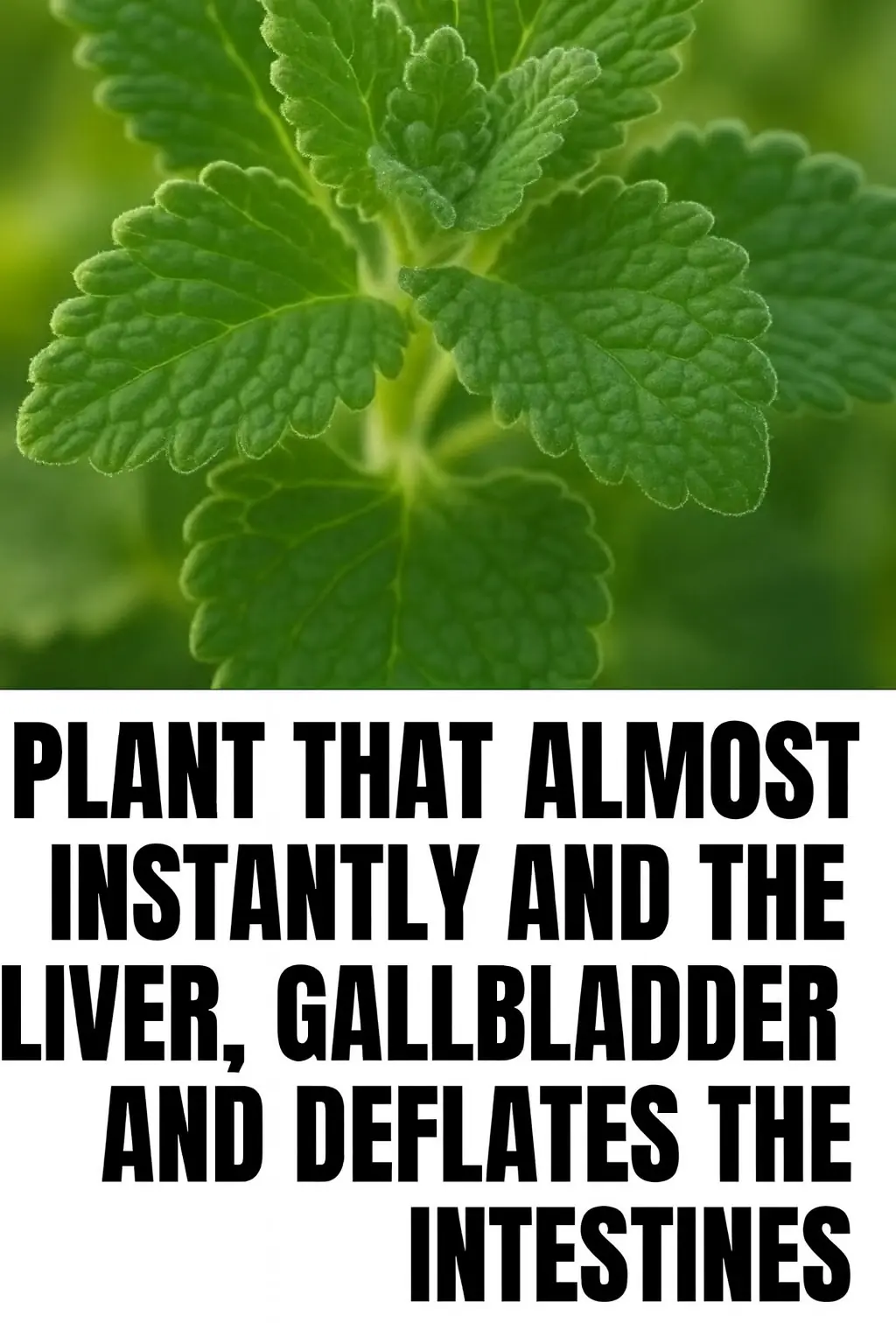
Discover the Magic Plant to Cleanse the Liver and Reduce Intestinal Inflammation
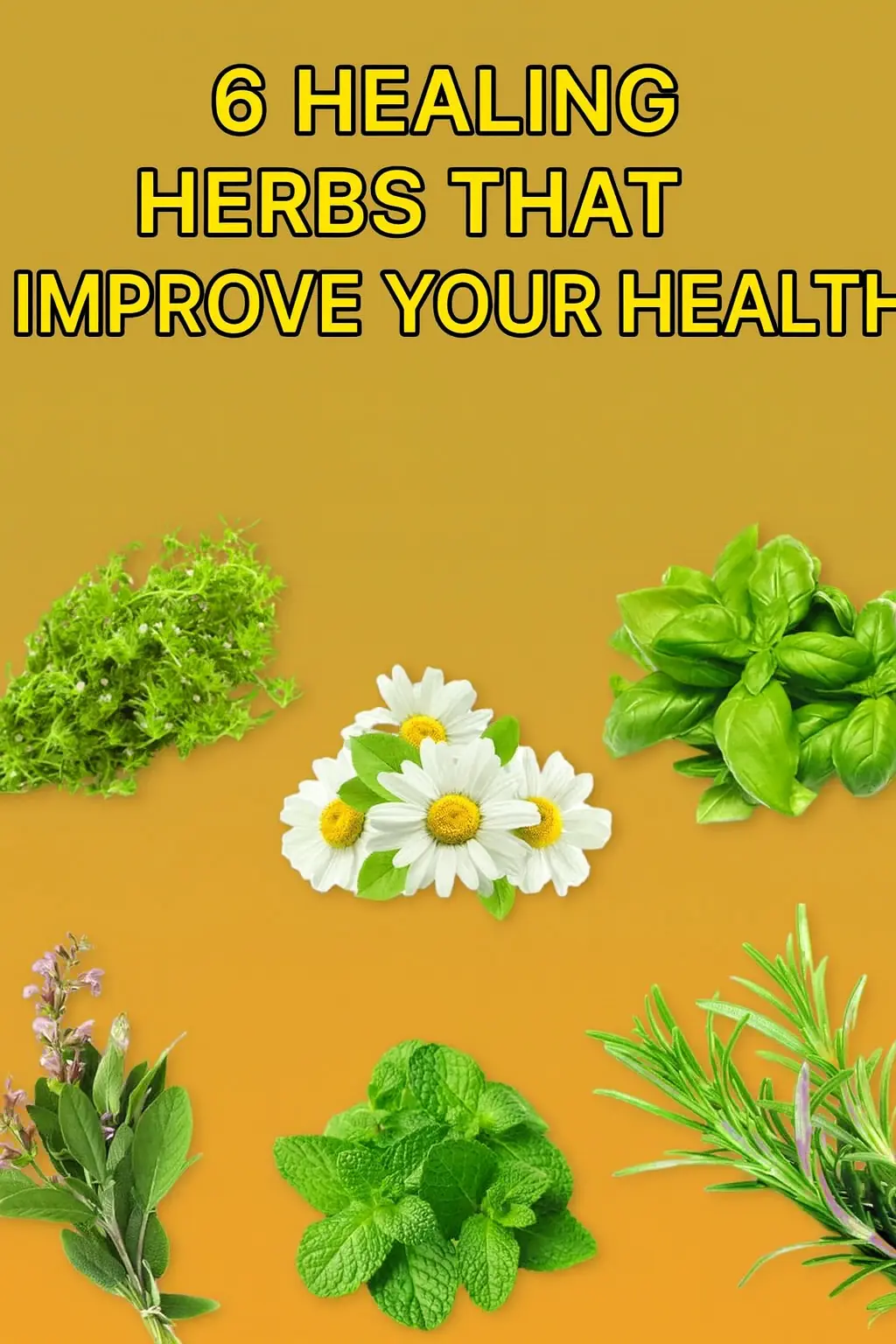
6 MEDICINAL HERBS THAT IMPROVE YOUR HEALTH 👇

Uchuva: Golden Fruit that Protects Your Vision, Its Effect Comes from Its Form… See More
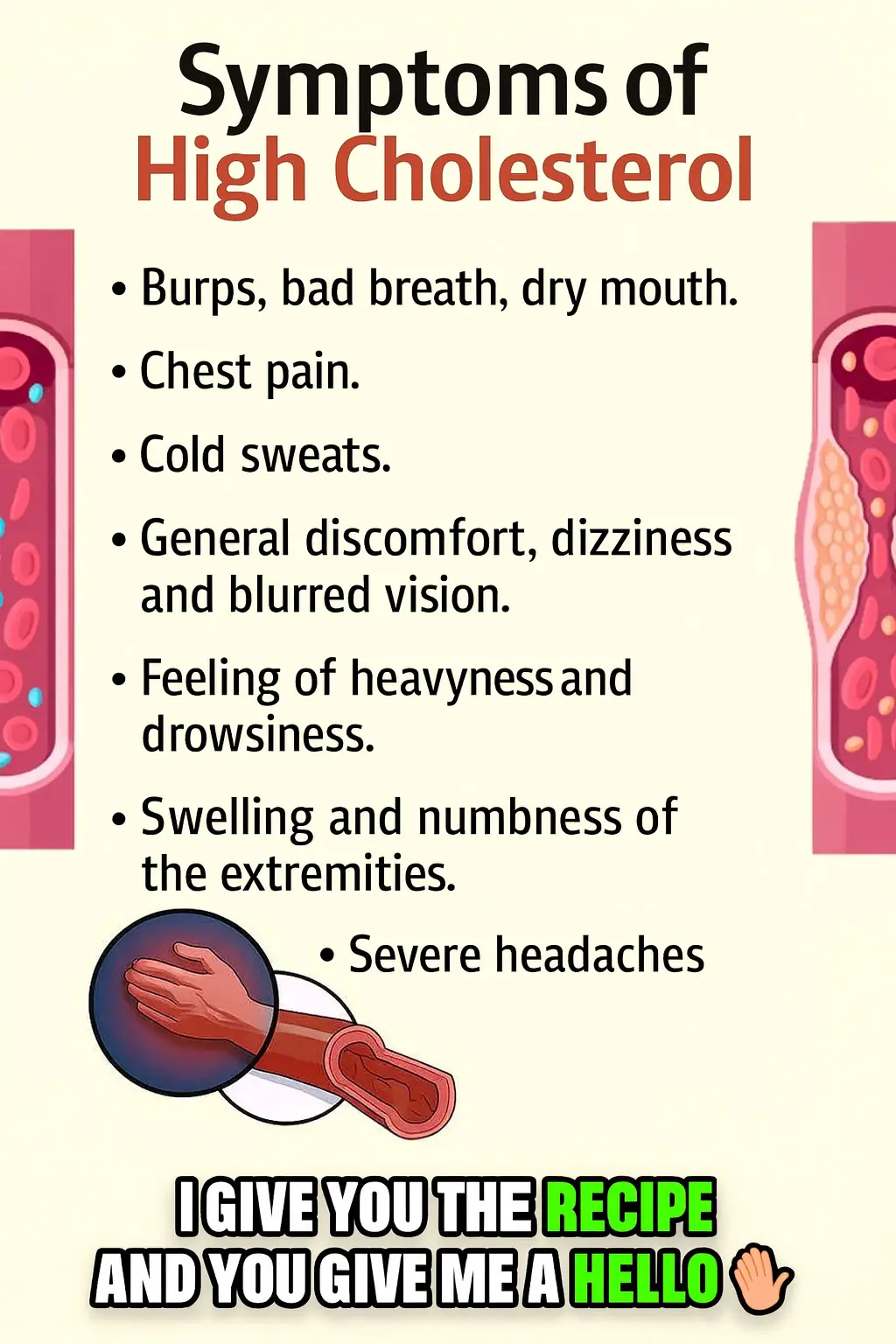
Symptoms of High Cholesterol: What to Watch For
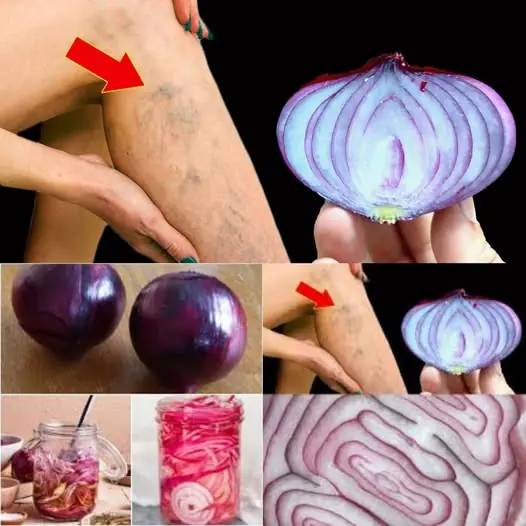
Discover the Magic of Red Onions for Varicose Veins

Mixing Cloves with Cinnamon Can Trigger an Irreversible Body Reaction! 🌿🔥
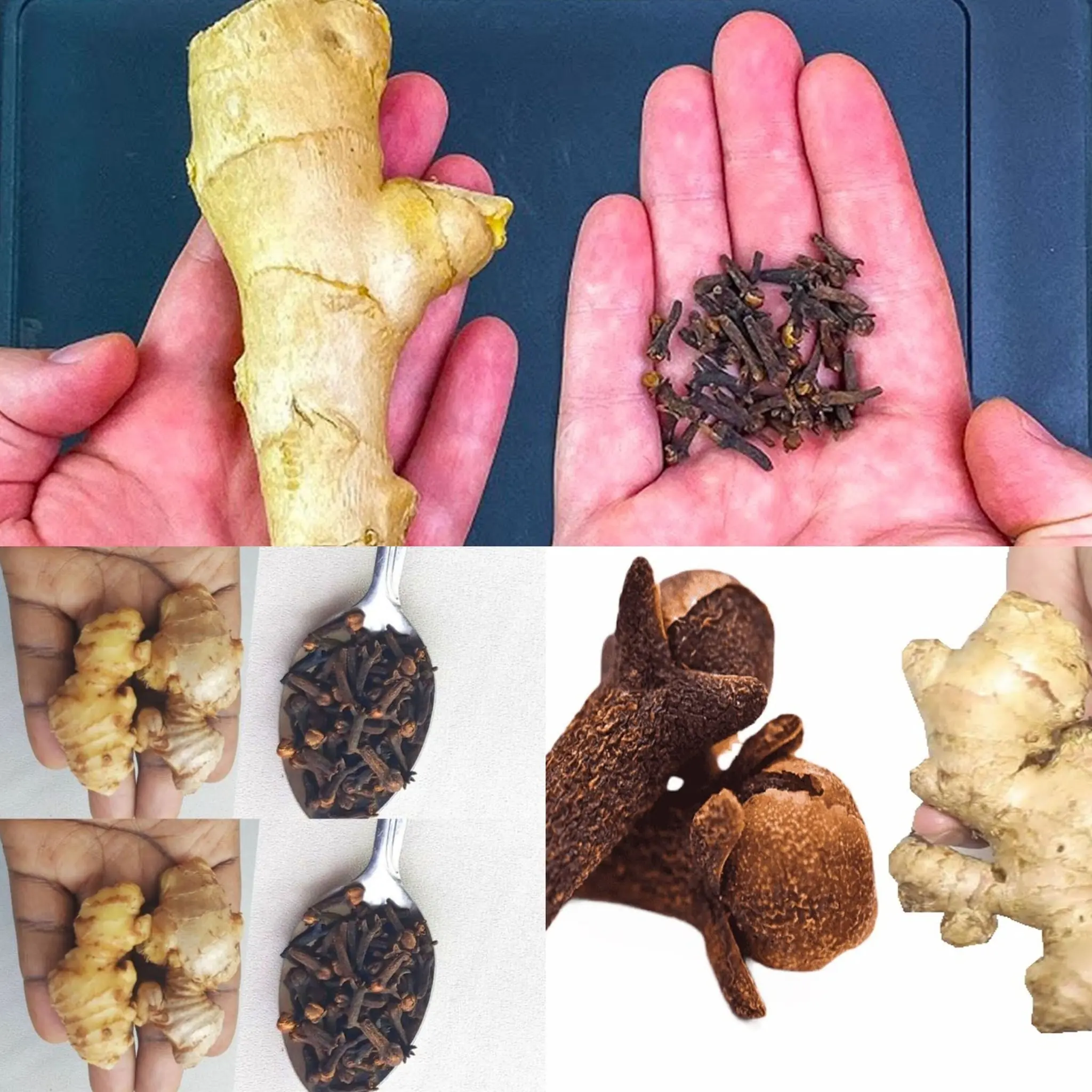
Drink Ginger with Cloves Every Morning – Here’s What Will Happen to Your Body After 7 Days! 🌿🔥

Make Bread in 10 Minutes in a Fry Pan | No Eggs, No Yeast 🍞🔥
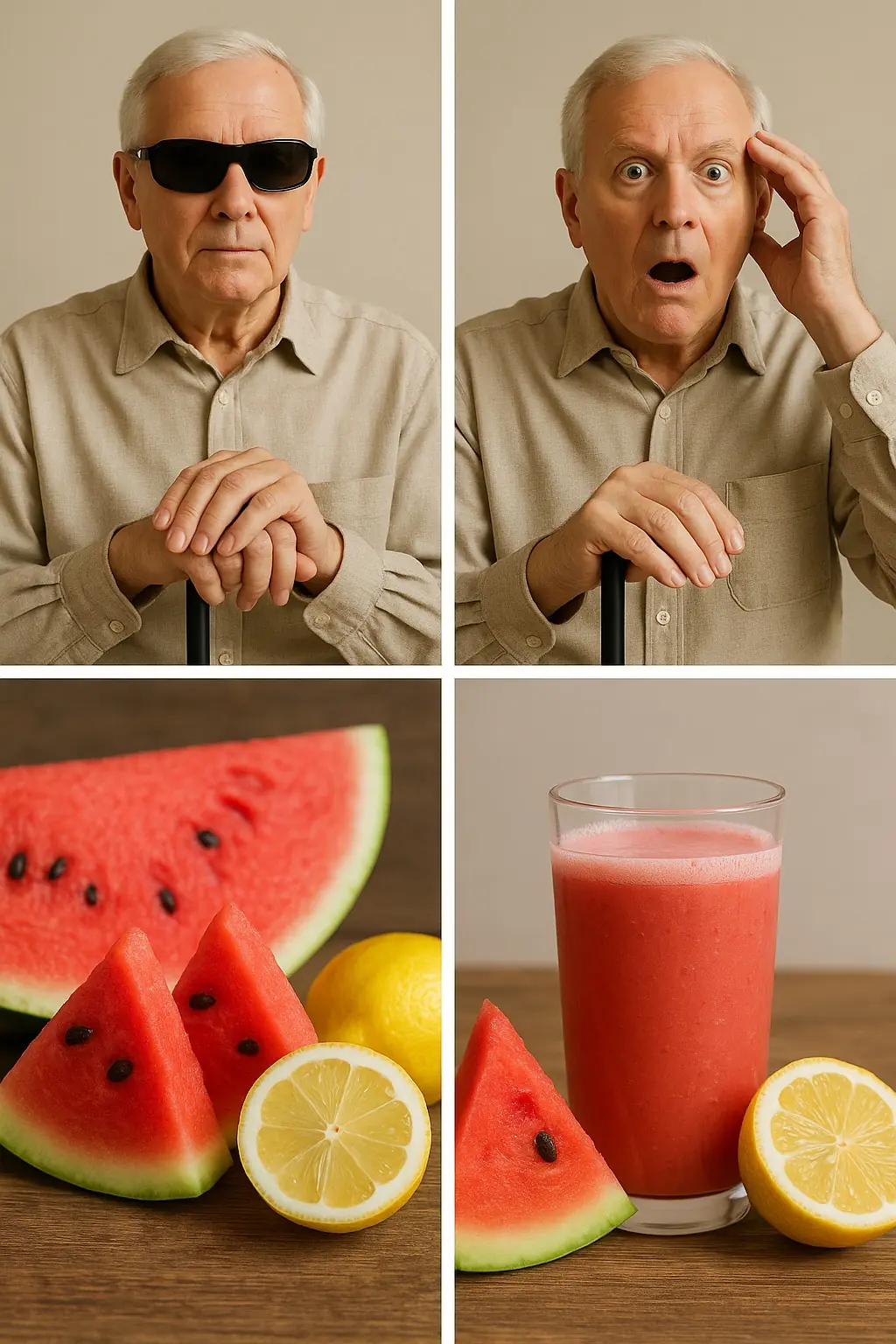
Lemon + Watermelon Did This — Doctor Couldn’t Believe It
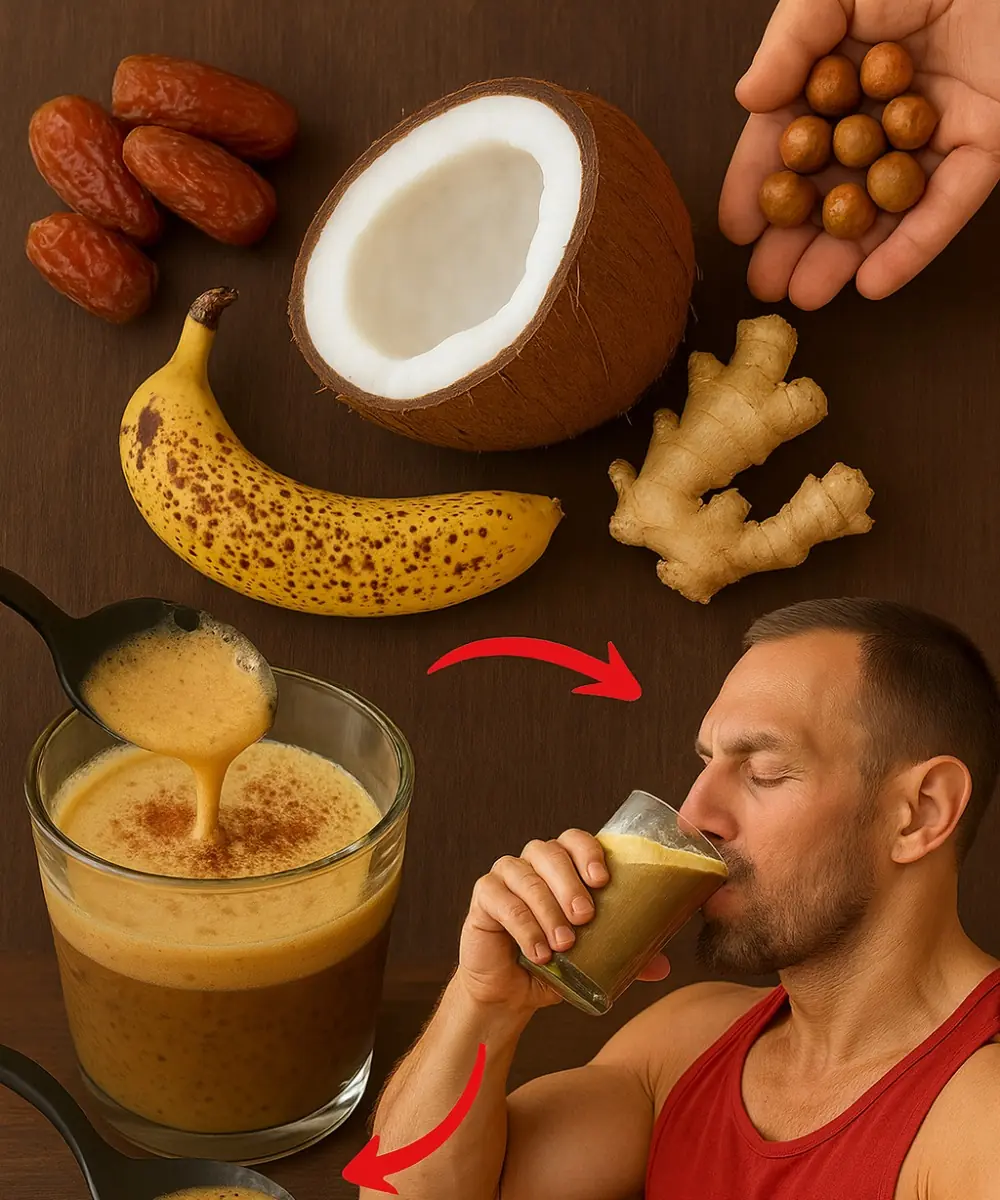
Unlock the Secret to Vitality: This Nutrient-Packed Smoothie Will Transform Your Day

Boiling and Heating Charcoal: Ancient Trick for Water Purification
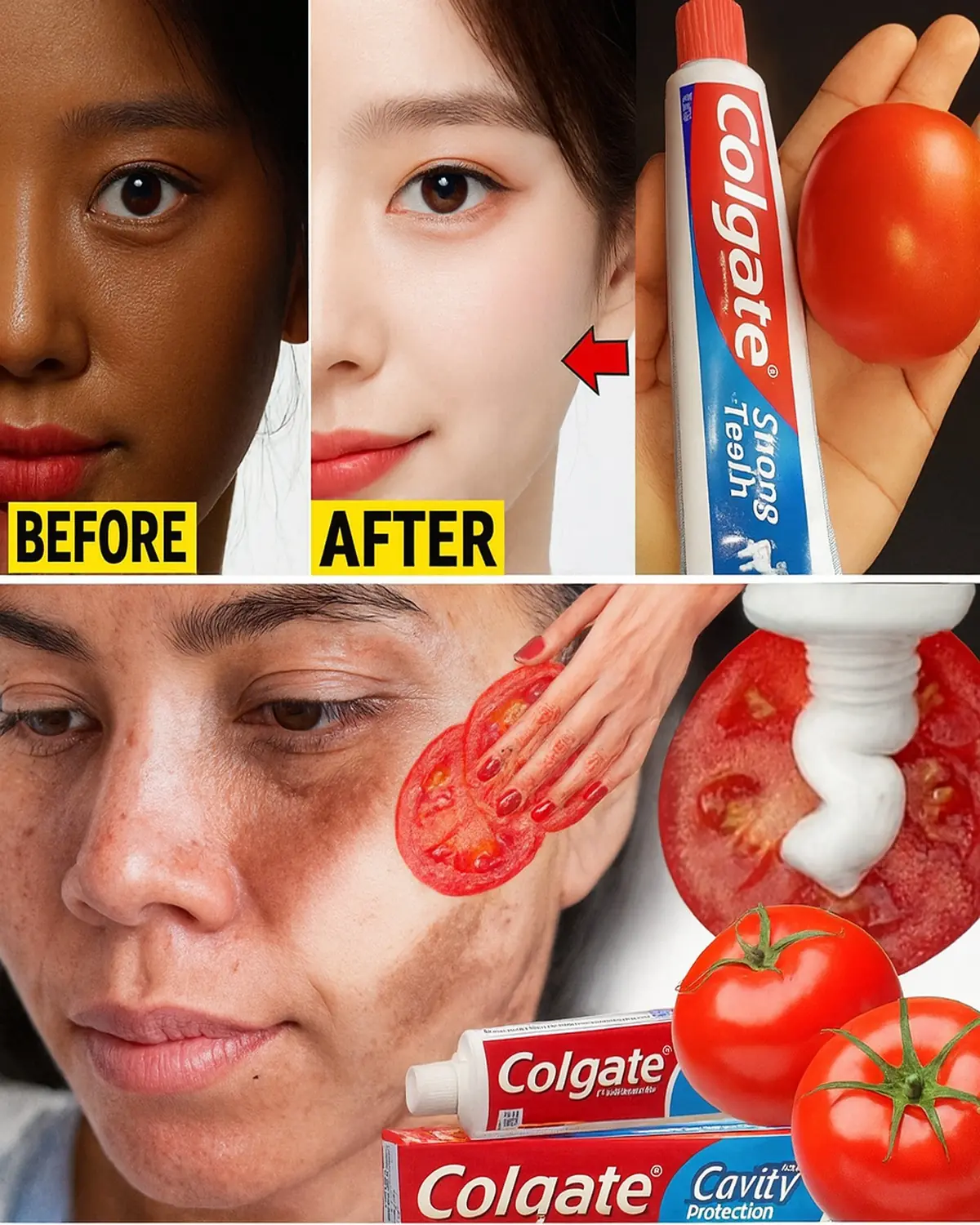
Colgate Toothpaste Hack for Clearer, Brighter Skin

Anti-Gout Oil Blend: Ginger, Rosehip & Natural Relief for Swollen Joints
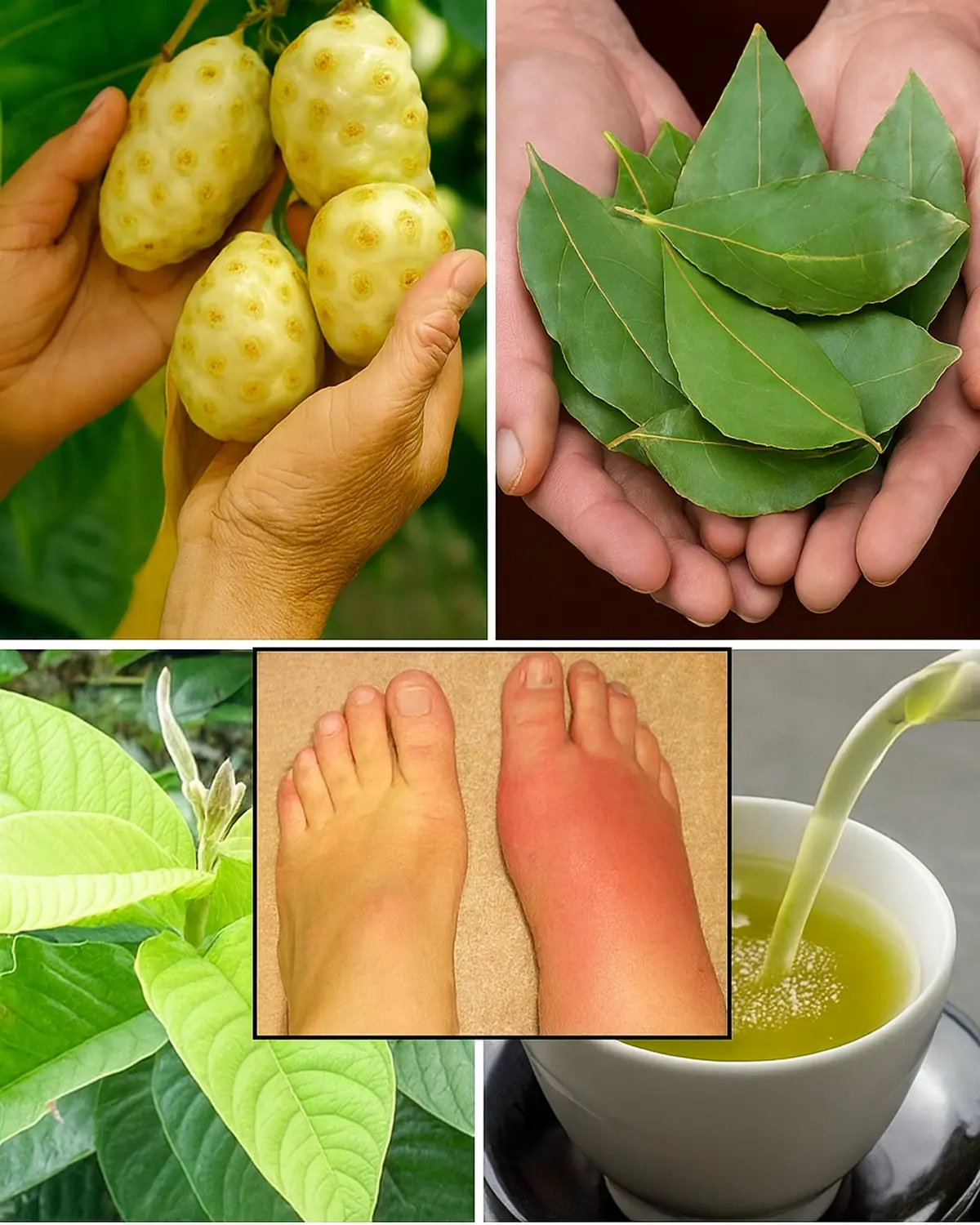
Natural Remedies for Gout: Bay Leaves, Noni, and Guava Leaf Tea
News Post

Discover the Wonders of Tamarind: Flavor and Health in Every Pod

Olive Oil with Lemon: A Simple Yet Powerful Combination

Garlic: A Powerful Ally in Natural Health

Jarabe Natural para Controlar la Glucosa: Receta y Beneficios

Spearmint and Rosemary: A Powerful Natural Combination for Joint Health

Discover the Magic Plant to Cleanse the Liver and Reduce Intestinal Inflammation
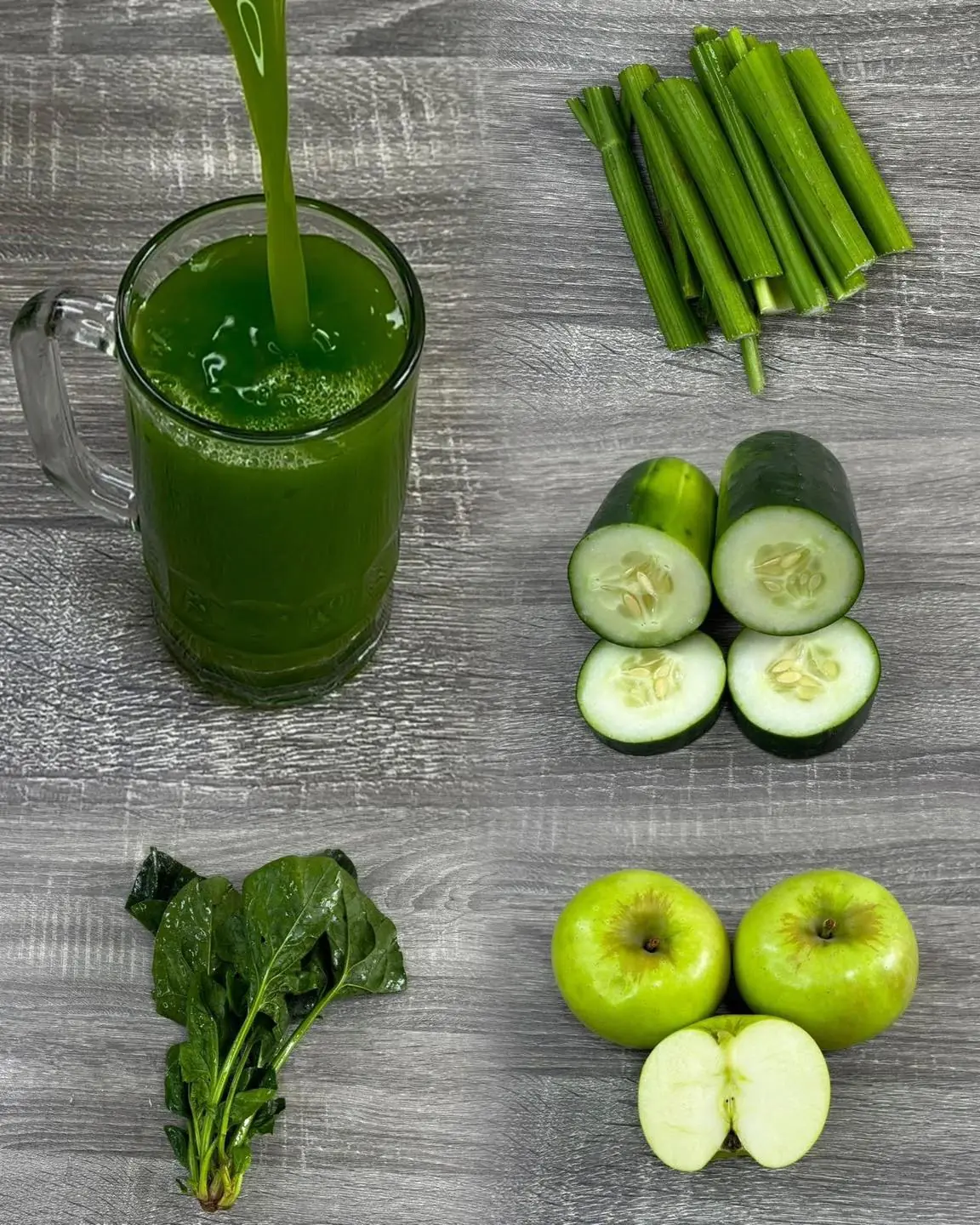
The Best Green Juice for Weight Loss – It Will Leave You Flat! Don’t Drink Too Much or Your Pants Might Fall Off..

6 MEDICINAL HERBS THAT IMPROVE YOUR HEALTH 👇

Uchuva: Golden Fruit that Protects Your Vision, Its Effect Comes from Its Form… See More

Symptoms of High Cholesterol: What to Watch For

Discover the Magic of Red Onions for Varicose Veins

Mixing Cloves with Cinnamon Can Trigger an Irreversible Body Reaction! 🌿🔥

Drink Ginger with Cloves Every Morning – Here’s What Will Happen to Your Body After 7 Days! 🌿🔥

Make Bread in 10 Minutes in a Fry Pan | No Eggs, No Yeast 🍞🔥

Lemon + Watermelon Did This — Doctor Couldn’t Believe It

Unlock the Secret to Vitality: This Nutrient-Packed Smoothie Will Transform Your Day

From Steel Tycoon to Canine Savior: The Selfless Journey of Wang Yan

Spanish Man Jailed After Faking 20 Heart Attacks to Avoid Restaurant Bills

Half Male, Half Female: The Rare Wonder of a Bilateral Gynandromorph Butterfly
